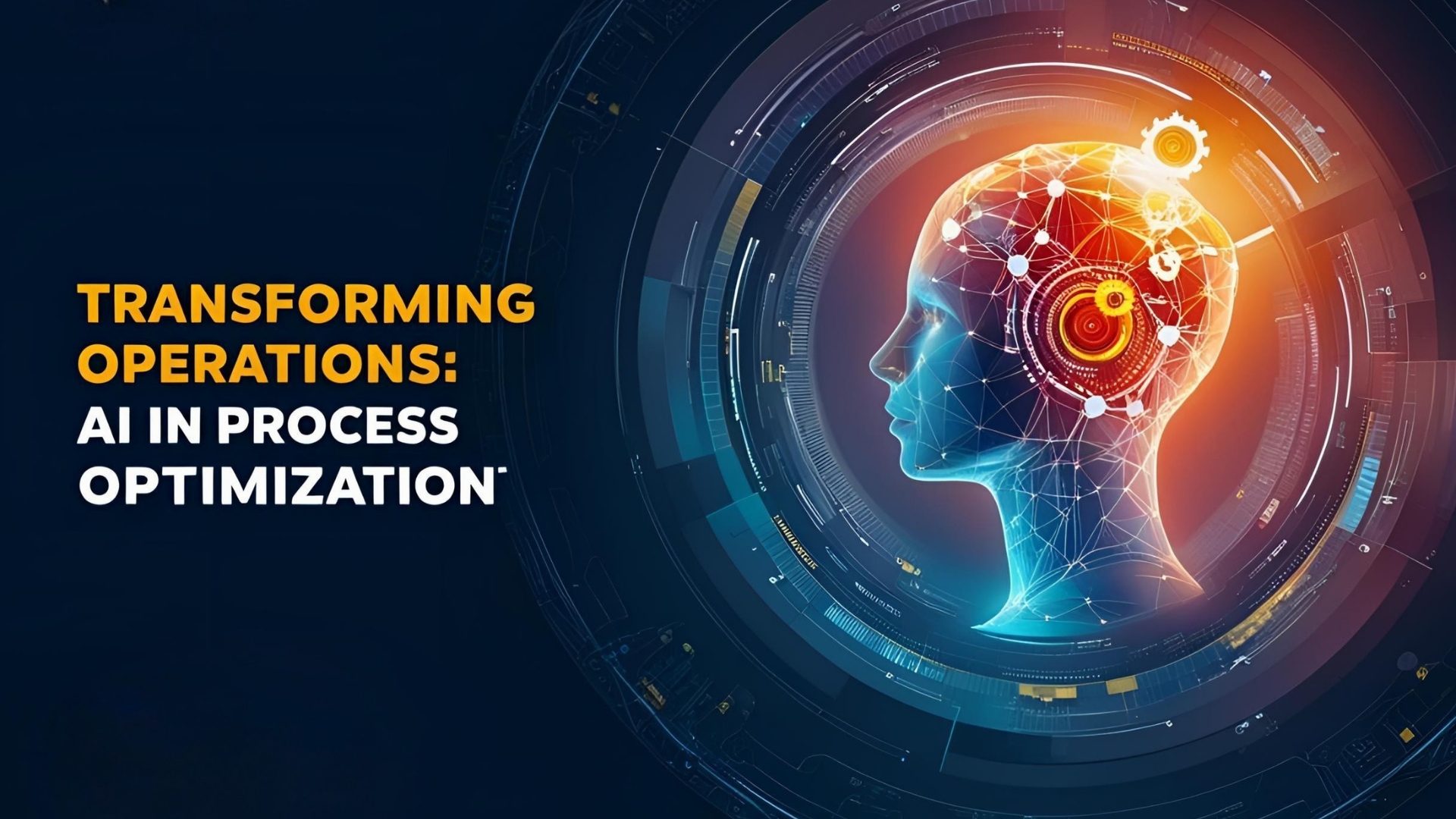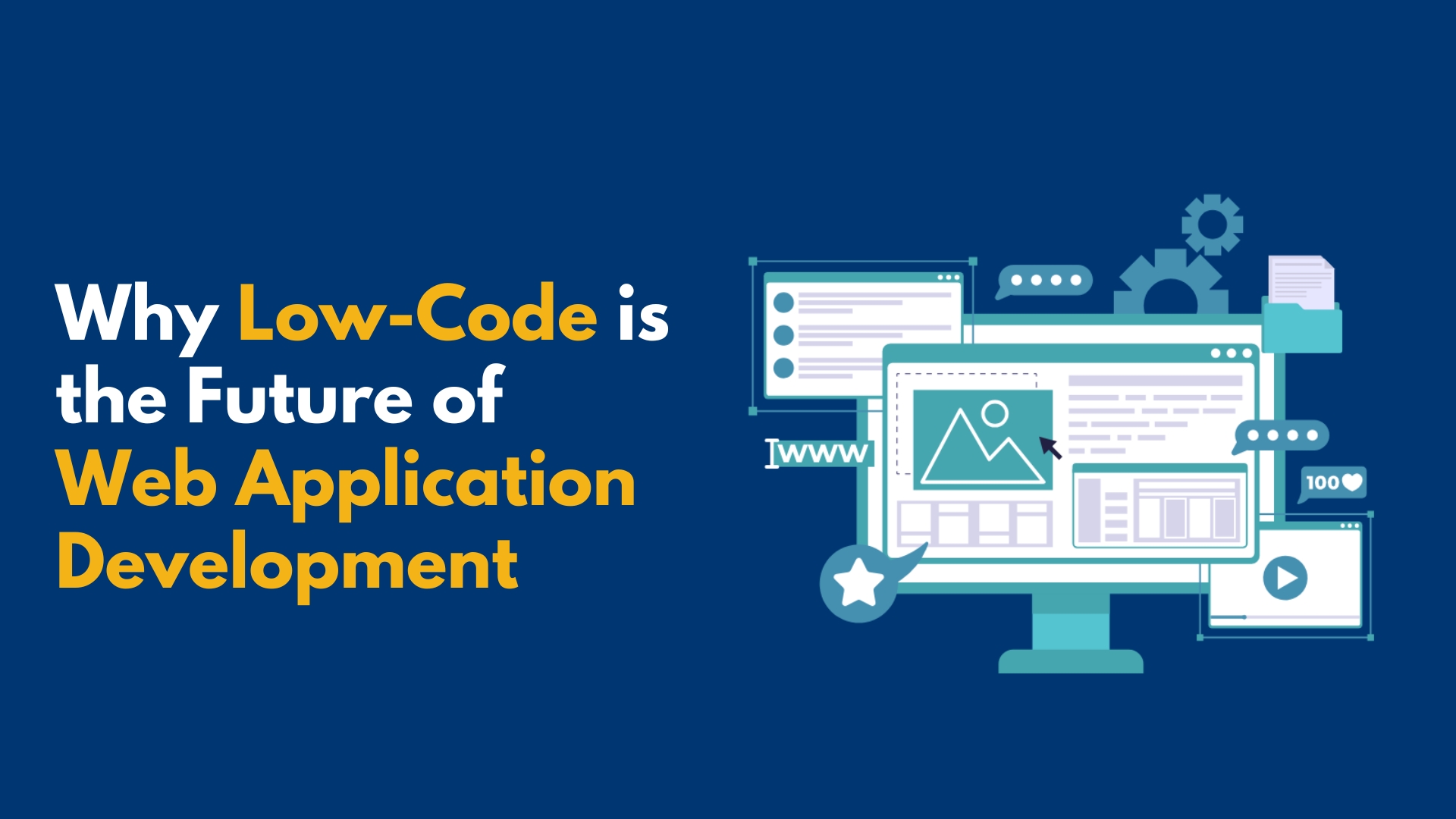In today’s fast-paced business environment, companies are constantly seeking ways to enhance their operations and increase efficiency. Enter Artificial Intelligence (AI), a game-changer in the world of AI process optimization. AI not only streamlines operations but also provides businesses with a competitive edge by automating repetitive tasks and enabling smarter decision-making.
The Role of AI in Process Optimization
AI, or Artificial Intelligence, refers to the simulation of human intelligence in machines programmed to think, learn, and adapt. This technology is instrumental in AI process optimization, which means improving a business process to make it more efficient and effective. By leveraging AI tools to automate routine tasks and analyze large volumes of data, businesses can gain insights that facilitate informed decision-making.
Why AI Matters in Today’s Business Landscape
The integration of AI into business operations is crucial for several reasons:
- Efficiency: AI can handle repetitive tasks faster and with greater accuracy than humans, freeing up employees to focus on more strategic activities.
- Cost Reduction: By automating processes, businesses can significantly cut down on labor costs and reduce errors that could lead to costly rework.
- Data-Driven Decisions: AI systems process vast amounts of data quickly, providing insights that help businesses remain competitive.
Key AI Productivity Tools
AI productivity tools are essential for businesses looking to optimize their processes. These tools include:
- Robotic Process Automation (RPA): Automates routine tasks by mimicking human actions, such as data entry and transaction processing.
- Machine Learning (ML): Analyzes data patterns to make predictions and improve decision-making.
- Natural Language Processing (NLP): Enables machines to understand and respond to human language, enhancing customer interactions and support services.
Building Tailored Customer-Facing Applications
Customer expectations have never been higher in the digital age. To meet these expectations, businesses must develop tailored customer-facing applications that provide a seamless user experience. AI is essential to this process since it:
Enhancing User Experience
AI can personalize user interactions by analyzing customer data and behavior. This personalization leads to more engaging and relevant customer experiences.
Streamlining Application Development
AI tools can automate various stages of application development, from coding to testing, thereby reducing the time and resources required to bring an application to market.
Process Automation Tools
Process automation tools powered by AI are transforming how businesses operate. These tools not only enhance efficiency but also improve accuracy and consistency in business processes.
Popular Process Automation Tools
- Workflow Automation Software: Manages and automates complex workflows across different departments.
- Intelligent Document Processing: Extracts and processes data from documents, reducing the need for manual data entry.
- AI-Based Scheduling Tools: Optimize scheduling and resource allocation to improve productivity.
Benefits of Process Automation
- Improved Accuracy: Automation reduces the likelihood of human error, ensuring that processes are executed correctly every time.
- Increased Productivity: With routine tasks automated, employees can focus on more value-added activities.
- Scalability: Automated processes can be easily scaled to accommodate growth without the need for additional resources.
AI and Application Development
AI is revolutionizing the field of application development by making it faster, more efficient, and cost-effective. Here’s how:
Accelerating Development Cycles
AI tools can automate coding and testing, significantly reducing the time it takes to develop and deploy applications.
Enhancing Application Quality
By using AI to analyze user feedback and application performance, developers can quickly identify and address issues, leading to higher-quality applications.
Facilitating Continuous Improvement
AI provides insights into application usage and performance, enabling developers to make data-driven improvements and enhancements.
Solid Healthcare Case Study: AI in Patient Care
One compelling example of AI application in healthcare is the partnership between Mount Sinai Health System and an AI startup to enhance patient care and operational efficiency. This collaboration focused on developing a predictive analytics tool that uses machine learning algorithms to analyze patient data, including medical history, demographic information, and real-time health metrics.
Outcomes:
- Enhanced Patient Monitoring: The AI tool could predict patient deterioration by analyzing various risk factors, allowing healthcare providers to intervene earlier and reduce readmission rates.
- Optimized Staffing: By predicting patient volumes and staffing needs, the tool enabled better resource allocation, ensuring adequate staff coverage during peak times while minimizing idle hours.
- Cost Savings: The implementation of the AI system resulted in a 15% reduction in operational costs due to lower readmissions and improved patient flow management.
Real-World Examples of AI in Process Optimization
Example 1: Retail Industry
A leading retail company implemented AI-driven inventory management systems to optimize stock levels and reduce waste. By analyzing sales data and demand patterns, the AI system was able to predict stock requirements accurately, ensuring that products were available when customers needed them.
Example 2: Healthcare Sector
As illustrated in the Mount Sinai Health System case, AI is being used to streamline patient scheduling and optimize resource allocation. By analyzing patient data and clinic schedules, AI systems can predict appointment durations and optimize staff allocation, leading to improved patient care and reduced wait times.
Example 3: Financial Services
Financial institutions are using AI to automate fraud detection and risk assessment processes. By analyzing transaction data in real-time, AI systems can identify suspicious activities and alert the relevant authorities, reducing the risk of fraud.
Conclusion
AI integration into corporate operations is becoming required, not optional. From process automation to building tailored customer-facing applications, AI is transforming how businesses operate and compete in the modern marketplace. By leveraging AI process optimization, companies can improve efficiency, reduce costs, and deliver superior customer experiences.
As AI technology continues to evolve, its potential to revolutionize business operations will only grow, making it an essential tool for any organization looking to thrive in the digital age.






